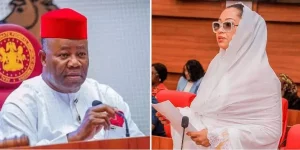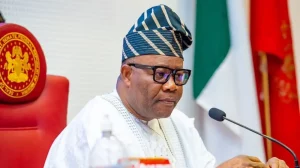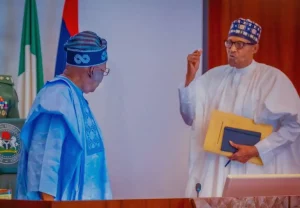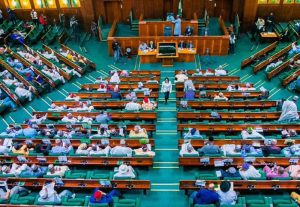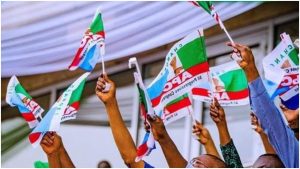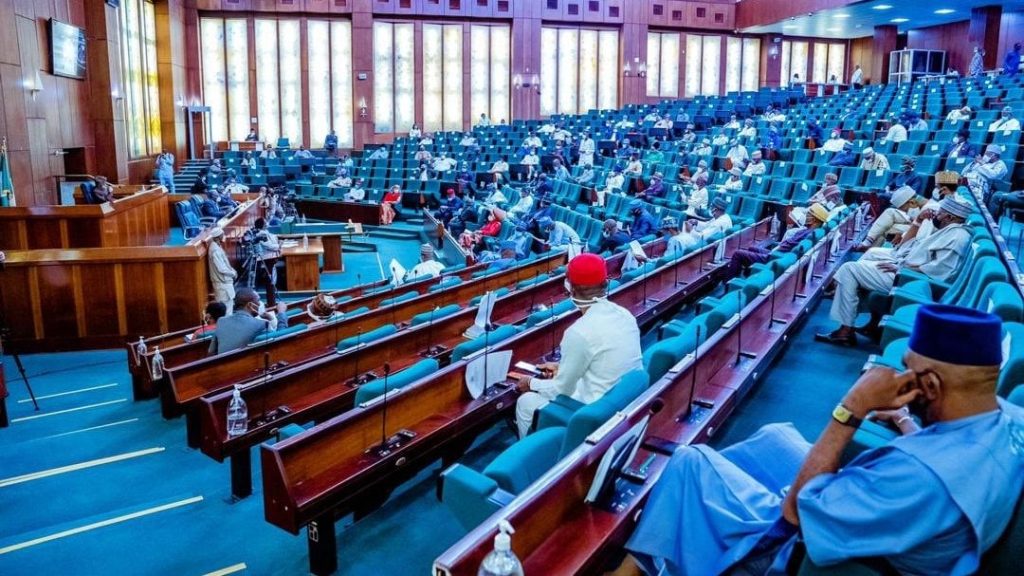
Nigeria’s House of Representatives has directed the Minister of Communications, Innovation and Digital Economy, Dr. Bosun Tijani and the Nigerian Communications Commissions, NCC, to suspend the impending hike in telecommunications tariffs until services are improved.
The house gave the directive sequel to the adoption of a motion of urgent public importance moved at the plenary on Tuesday by Oforji Oboku.
Presenting the motion, the lawmaker recalled that speaking after a stakeholders’ meeting with Mobile Network Operators in Abuja on Wednesday 8th of January, 2025, Tijani disclosed that telecommunication tariffs would soon increase.
The lawmaker stressed that the argument of the telecommunications companies for the hike includes, the cost of investment, better networks, increasing demand for digital services across sectors such as education, banking and healthcare, amongst others.
Oboku recalled that telecommunications companies had been advocating for the hike for the last 11 years, according to the Association of Licensed Telecom Operators of Nigeria, ALTON, and the Association of Telecommunication Companies of Nigeria, ATCON.
The lawmaker noted that the National Association of Telecoms Subscribers has rejected the proposed increase in tariffs, describing it as insensitive and a further burden on consumers already grappling with economic hardship, and poor network service delivery.
He clarified that the telcos require cost-reflective pricing in light of unfavorable economic realities, such as record inflation of 34.6 percent in November 2024 and losses from foreign exchange swings.
The lawmaker expressed concern that the long-term consequences of these price increases would worsen the financial hardships of the typical Nigerian, jeopardize the nation’s goal of using technology to spur economic growth, increase poverty, and widen already-existing disparities, disproportionately affecting lower-income families.
Oboku argued that affordable connectivity is a must for progress in critical sectors like digital banking, healthcare, education, agriculture, and e-governance.


